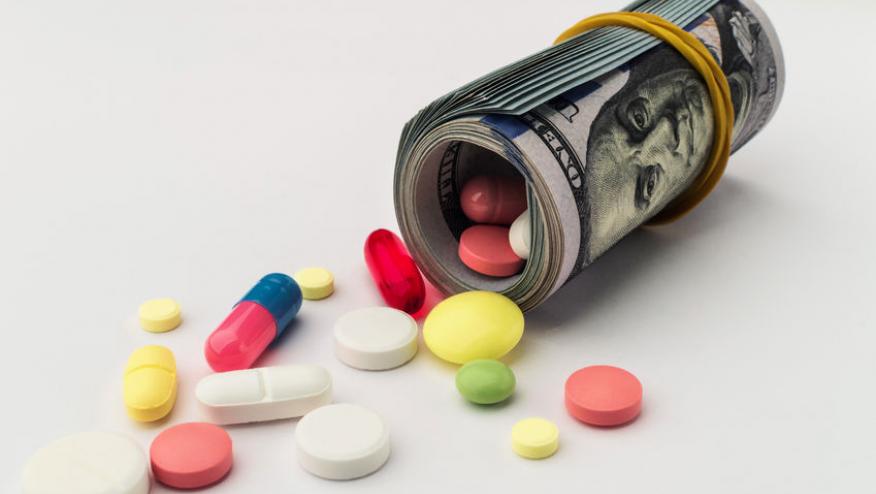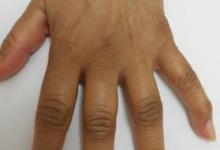Overmedication of America Save

Recent research from the Lown Institute reports that 750 older Americans are hospitalized daily because of serious side effects from and the core problem is that of polypharmacy, especially in the elderly.
Polypharmacy is a grown problem. With the addition of each new medication, the odds of a serious adverse event increases 7 to 10 percent with each drug. Today more than 40 percent of older Americans regularly take 5 or more medications and nearly 20 percent take more than 10 drugs. This does not even include over-the-counter medications, which if included, would hve two-thirds of older adults taking 5 or more medications daily.
Americans take an average of 12 different medications yearly, many of which could also be addressed with diet and lifestyle changes. Since the 1970, prescription drug spending has almost doubled, accounting for 10 cents out of every health care dollar. Current spending on prescription medications in the U.S. is as much as $400 billion per year.
The Lown Institute predicts, over the next decade there will be more than 4.5 million hospitalizations of older adults for serious side effects of medications. To deal with this issue they have released the results of a multidisciplinary expert panel aimed at reducing inappropriate or unnecessary medications could save as much as $62 billion over the next decade in unnecessary hospitalization for older adults alone.
Their paper "Eliminating Medication Overload: A National Action Plan", provides recommendations for policymakers, foundations, health care institutions, clinicians, and patients across five key categories:
- Implement “prescription checkups,” medication reviews that give patients and clinicians opportunities to deprescribe (discontinue or reduce doses) appropriately.
- Raise awareness among patients, clinicians, and the general public about the potential harms of multiple medication use.
- Improve information at the point of care to ensure clinicians know exactly which medications their patients are taking, and to give clinicians accurate information about the harms and benefits of medications.
- Educate and train health professionals to reduce medication overload, by incorporating information on geriatric care and deprescribing training into professional schools and continuing education.
- Reduce pharmaceutical industry influence by limiting pharma sales rep visits to clinicians and direct-to-consumer advertising.










If you are a health practitioner, you may Login/Register to comment.
Due to the nature of these comment forums, only health practitioners are allowed to comment at this time.